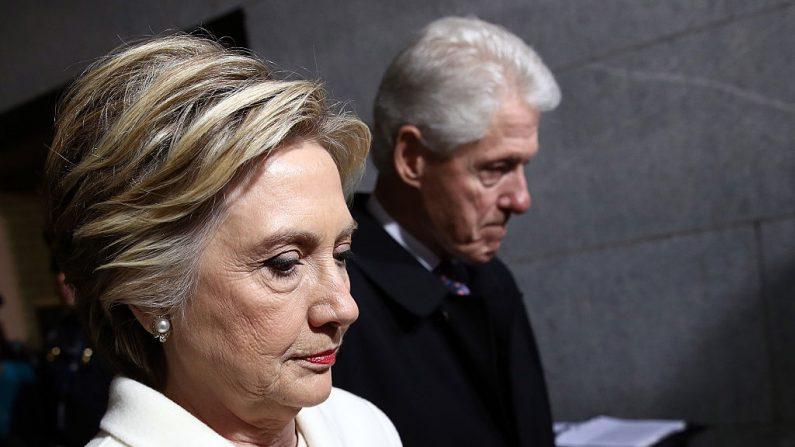Before Bill Clinton traveled to Russia to give a $500,000 speech in the summer of 2010, he asked for permission to meet a key Russian nuclear industry official, raising concerns of a potential conflict of interest among his aides and officials in the State Department, The Hill reported, citing government records obtained through Freedom of Information Act requests.
At the time, Hillary Clinton led the State Department, one of the several agencies considering an approval for a controversial nuclear deal that would give Russia control of 20 percent of U.S. uranium supply.





